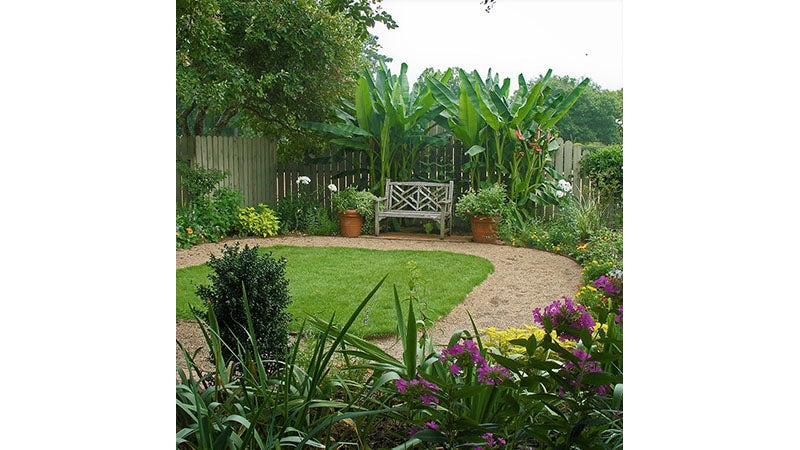In the big gardening tent, be reasonable – you do yourself – L’Observateur
For some gardeners, the well-manicured lawn, well-trimmed shrubs and dedicated rosebeds are not a perfect fit. And it’s okay.
Maybe because I play “devil’s advocate” a lot, juggling both sides of most gardening issues, but every now and then I hear rumors through the vines that they just aren’t. not true, like how I hate lawns and roses and chemicals. None of this is true.
Having studied Lawn Management and Consulting at MSU, I appreciate well-manicured lawns and respect those who tend theirs. However, I’m not hobby-oriented or challenged to prove anything socially, I’m already in good shape with daily exercise and travel all summer. And I’m lazy and allergic to cut grass (really).
Acting on these factors, I choose not to have a personal lawn and not miss out on time, energy, expensive equipment, or weed and pest control worries.
So, not wanting to do all of that, and not wanting to outsource the pleasures by paying someone to do it for me, I just do without. Instead, the open areas of my landscape are designed to be practical and more welcoming spaces for people by having spacious decks, areas paved with easy-to-maintain all-season flagstones, and mulch (the brown, like the green, is also a color).
If I had a really big yard, even a formal one, there would be a convenient meadow to mow whatever grows with low growing wildflowers with bees and butterflies and everything. Stickers and bees in the clover were the reason that flip flops and low Converse “Chuckies” were invented, right?
But I would also have generous groves of trees connected at the level of the trunks in beds well bordered, mulched and under-planted with woodland plants.
I would probably have a smaller, well-maintained grass “mat” or an artificial bend (really) near the house for entertainment or to prove how good a gardener I can be.
But in my small garden, paved areas and terraces, along with generous ground covers, mulched areas, and a moss garden, work very well as functional open design elements.
As for roses, I personally cultivate over thirty different kinds, many of which are personally rooted. But rather than in long rows like okra, and sprayed all the time, they’re tucked here and there like regular garden plants. Some are even planted in a cemetery to prove that not all roses are picky. Does that make me an enemy of roses?
Do you hate chemicals? Barely. Despite a strong live-and-let-live attitude, I enjoy how an occasional squirt of Roundup safely and effectively cleans poison ivy, nutgrass, honeysuckle, privet, and other hard-to-kill plants. And I use Osmocote and Miracle-Gro, two handy synthetic fertilizers, for my many potted plants. Oh, and the occasional wasp spray.
Anyway, not being much of a caring type gardener, I opted for a basic technique that works well in both large and small areas, of organizing flower beds, areas of trees and shrubs and open areas for my best uses, and choose the most appropriate and sensible materials for my approach.
Lawn? For me, other options work better. For ordinary garden and garden plants and other than hobbies, I choose to start proven low-maintenance species, dig large holes without much soil amendment, mulch abundantly, water to establish them, then walk away. Expecting some to hurt or die no matter what, I pay off my results by overcharging everything, then remove and replace what doesn’t meet expectations or takes too much effort to look good.
So no, I don’t hate lawns, roses, or chemicals. I just accept, use, and occasionally recommend other options for people looking outside the nightclubs in their neighborhood.
In the big tent of gardening, be reasonable – you do it yourself.
Felder Rushing is a Mississippi writer, columnist, and host of the “Gestalt Gardener” on MPB Think Radio. Send your gardening questions to [email protected].

